Going electric: the drive to turbocharge a car revolution
The US EPA has imposed regulations on car makers to increase production of electric vehicles
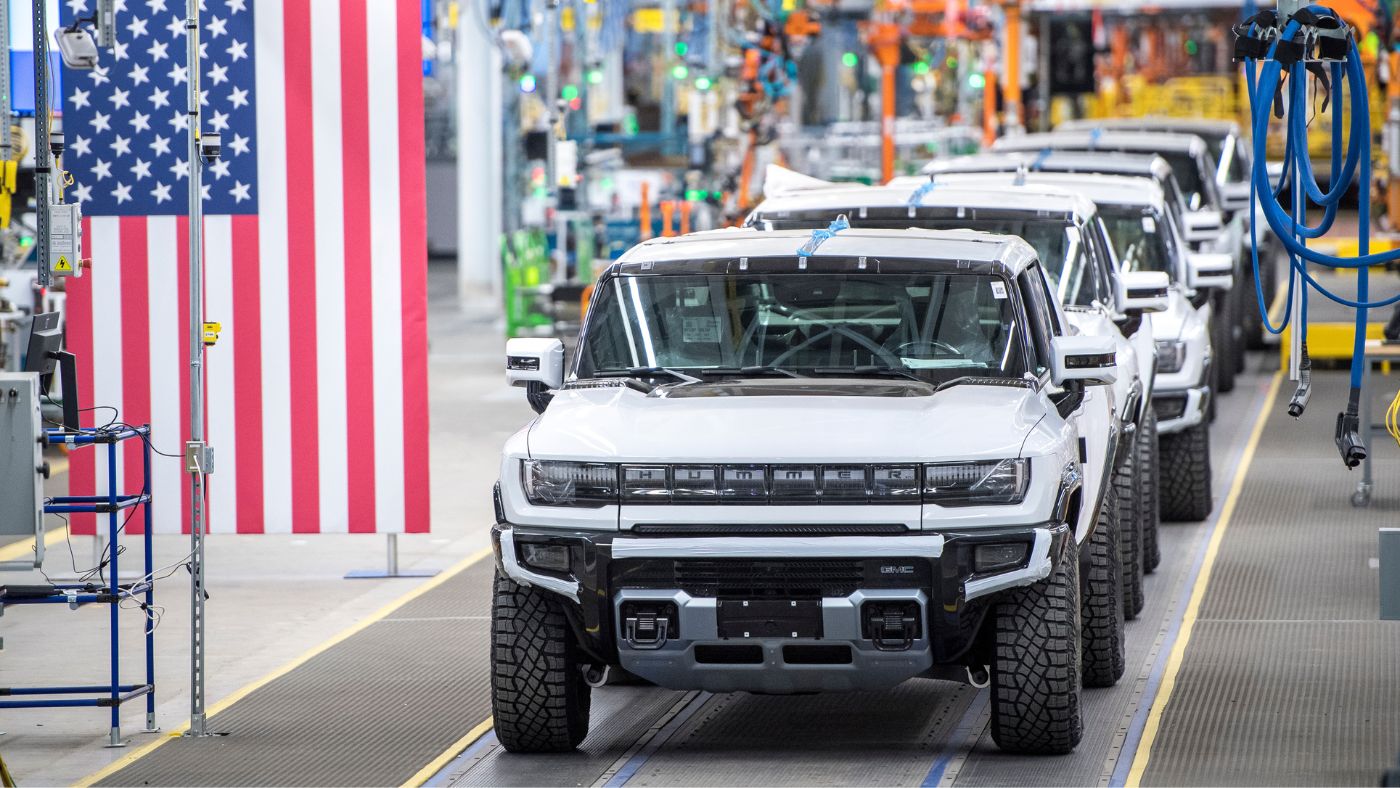
A free daily email with the biggest news stories of the day – and the best features from TheWeek.com
You are now subscribed
Your newsletter sign-up was successful
It’s not often a regulatory body sets out to remake an entire industry, said the Los Angeles Times, but that’s just what the Environmental Protection Agency (EPA) plans to do with the automakers. A good thing too. Last week it proposed new emission rules that require manufacturers to electrify two-thirds of their passenger vehicles by 2032, “about half of new buses, garbage trucks and delivery vans” and up to 25% of new trucks. All the above will have to be zero-emission by then.
The EPA reckons scrapping that many combustion engines would reduce carbon emissions pumped into the atmosphere by nearly ten billion tons. Yes, there are questions to answer about supply-chain readiness, charging stations, and consumer attitudes toward electric vehicles (EVs), which last year accounted for less than 6% of vehicle sales. But the EPA shouldn’t have to wait for all problems to be solved before pressing ahead. “Regulations drive results, and the planet needs results quickly.”
What we see here, said The Wall Street Journal, is the Biden administration “remaking a major industry in a way unprecedented in a free-market economy”. Only last month, the Energy Information Administration forecast that by 2030, EVs will constitute a mere 15% of sales. To try to force an additional 50%, as the EPA is doing, is “Chinese-style central planning”.
The Week
Escape your echo chamber. Get the facts behind the news, plus analysis from multiple perspectives.

Sign up for The Week's Free Newsletters
From our morning news briefing to a weekly Good News Newsletter, get the best of The Week delivered directly to your inbox.
From our morning news briefing to a weekly Good News Newsletter, get the best of The Week delivered directly to your inbox.
Carmakers now find themselves in a real bind, said Liam Denning on Bloomberg. The EPA’s rules mean they’re going to have to produce millions more EVs at affordable prices. But the up to $7,500 tax credit for buyers of EVs introduced in the Inflation Reduction Act (IRA) won’t help much with that, since the IRA’s aim is to revive US manufacturing, so the subsidy only applies for EVs made in America using components made or mined in America. And right now the components that go into Teslas, and other US electric vehicles, are mostly made or mined in China. The hefty cost of rewiring and “reshoring” the supply chain is going to make those EVs very much less affordable.

Maybe so, said Nitish Pahwa on Slate, but the EPA’s aggressive targets can still be achieved. EV sales are already soaring: last year saw a 65% leap, even though supply-chain shortages pushed up prices. The fact that “cities are rapidly installing chargers on streets and buildings”, and that the improving efficiency of batteries enables motorists to travel further without charging, has done much to allay concerns about range. It’s not as if the automakers have been caught off-guard, said Stephen Wilmot in The Wall Street Journal. Knowing that they are “losing business to Tesla”, and that the EU and the UK are moving decisively towards outright bans on new petrol vehicles in the next decade, they’ve already been investing billions in electric manufacturing.
The truth is, consumers are on the fence about battery-powered cars, said Josh Kraushaar on Axios. A Gallup poll earlier this month found “just 12% of Americans are seriously considering buying” one; 41% “said they’d never buy one”. What the EPA is essentially doing is compelling consumers “to buy vehicles that currently are more expensive and have less driving range” than cars they’re used to. It’s a big “green gamble”, and for Democrats in 2024 the big risk is the tough sell it’ll prove at the ballot box.
A free daily email with the biggest news stories of the day – and the best features from TheWeek.com
-
 How the FCC’s ‘equal time’ rule works
How the FCC’s ‘equal time’ rule worksIn the Spotlight The law is at the heart of the Colbert-CBS conflict
-
 What is the endgame in the DHS shutdown?
What is the endgame in the DHS shutdown?Today’s Big Question Democrats want to rein in ICE’s immigration crackdown
-
 ‘Poor time management isn’t just an inconvenience’
‘Poor time management isn’t just an inconvenience’Instant Opinion Opinion, comment and editorials of the day
-
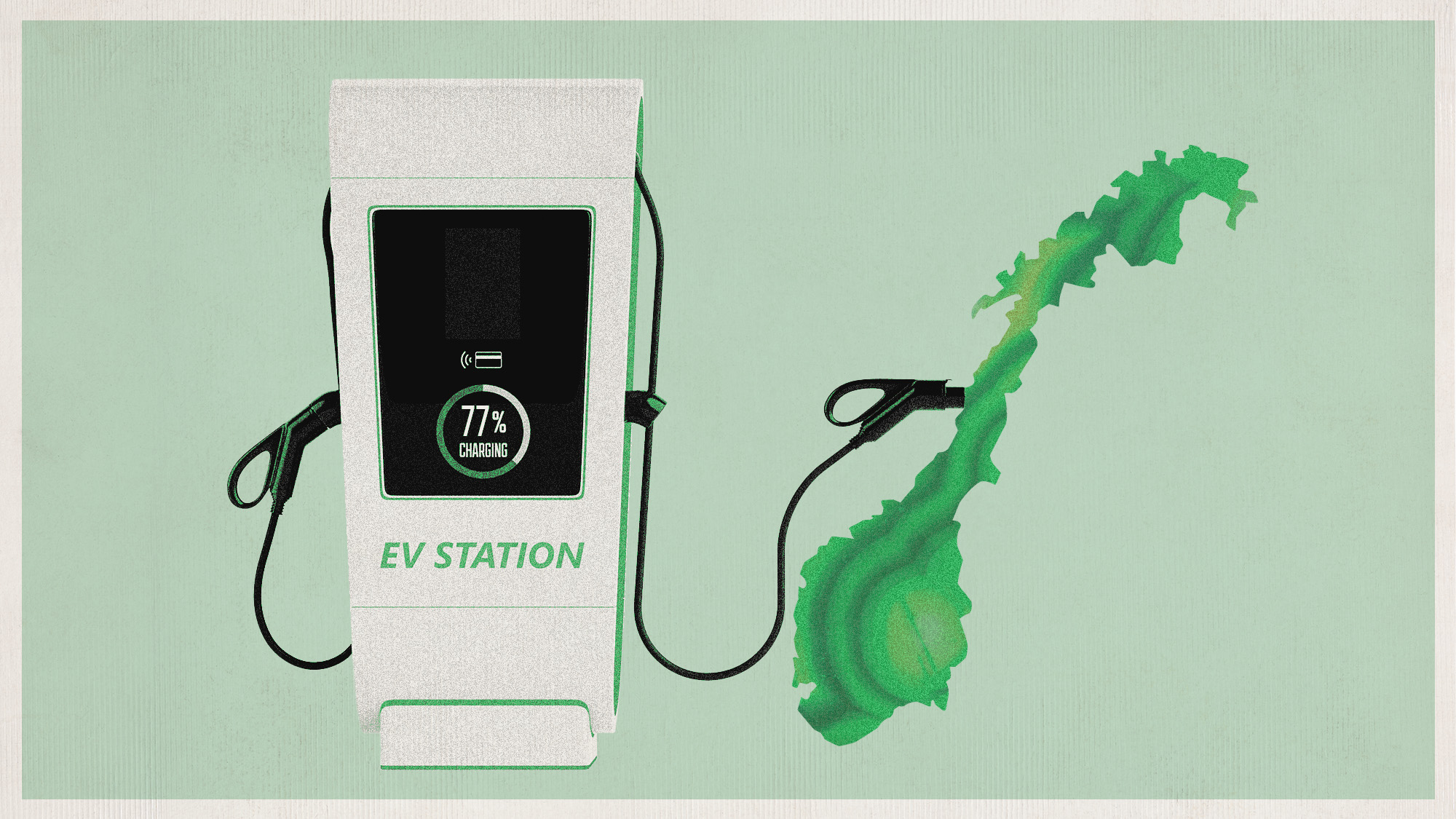 How Norway became an electric vehicle pioneer
How Norway became an electric vehicle pioneerUnder The Radar Early adoption, incentives and political consistency have helped Scandinavian nation race ahead
-
 Why 2024 is a bad year for air accidents
Why 2024 is a bad year for air accidentsUnder The Radar Turbulence, 'poorly made' aircraft and climate change have been blamed for a string of incidents
-
 How turbulence will change air travel
How turbulence will change air travelUnder The Radar Ban on children sitting on laps among a raft of changes as turbulence expected to rise
-
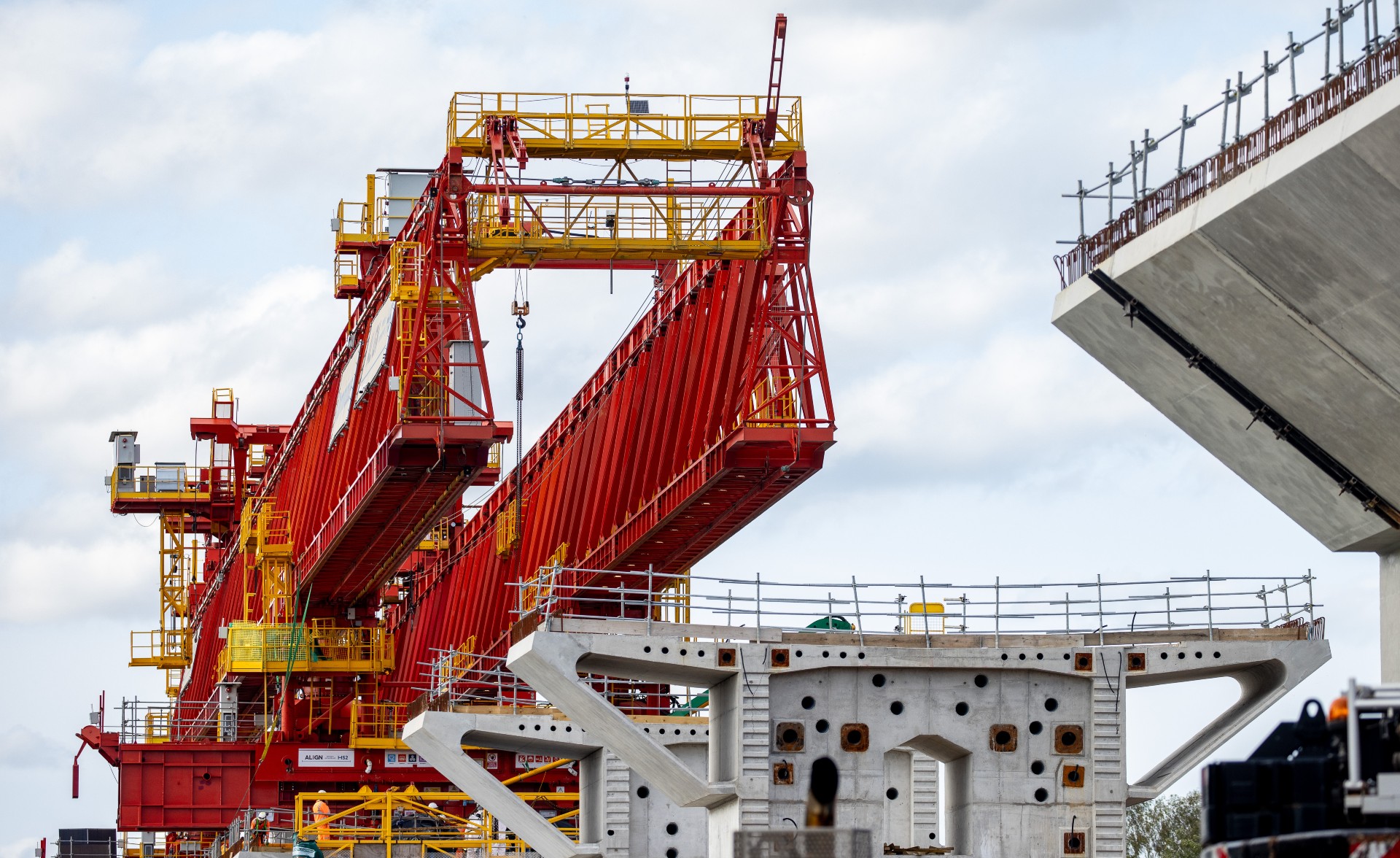 HS2: a runaway train
HS2: a runaway trainTalking Point PM may cut Manchester to Birmingham line of beleaguered rail project due to spiralling costs
-
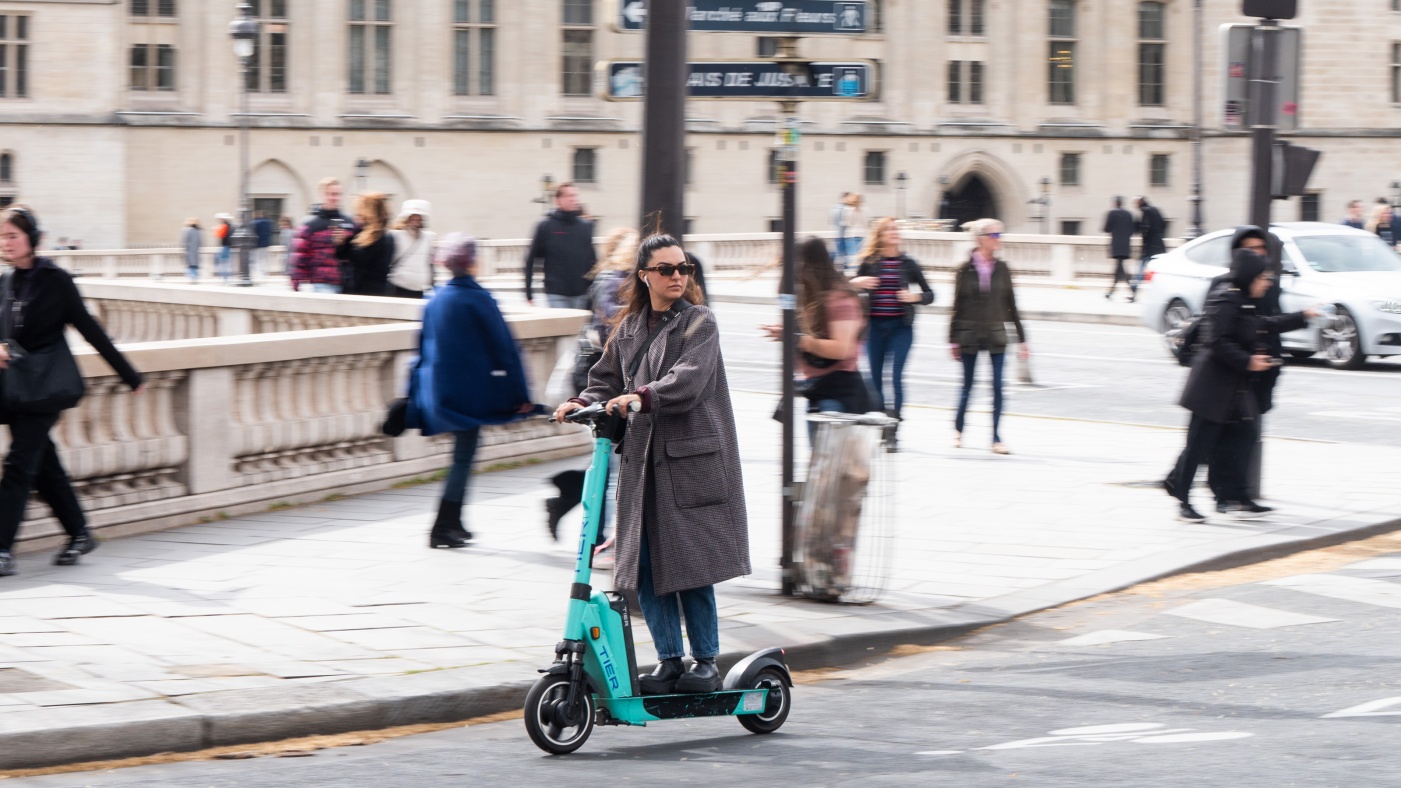 Paris bans e-scooter rentals
Paris bans e-scooter rentalsTalking Point Electric vehicles were popular with younger residents but older Parisians swung the crucial referendum
-
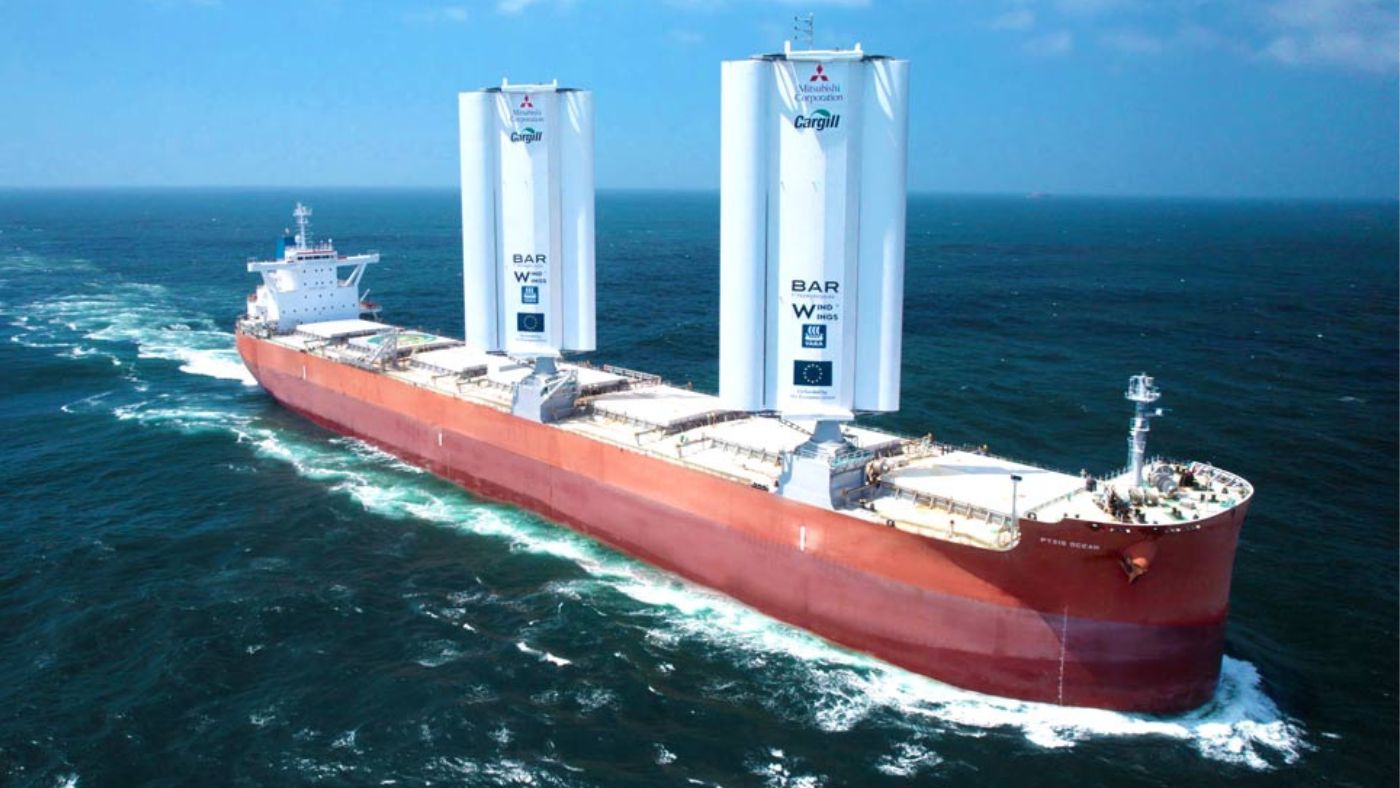 Wind-powered cargo ship takes maiden voyage
Wind-powered cargo ship takes maiden voyagefeature Good news stories from the past seven days
-
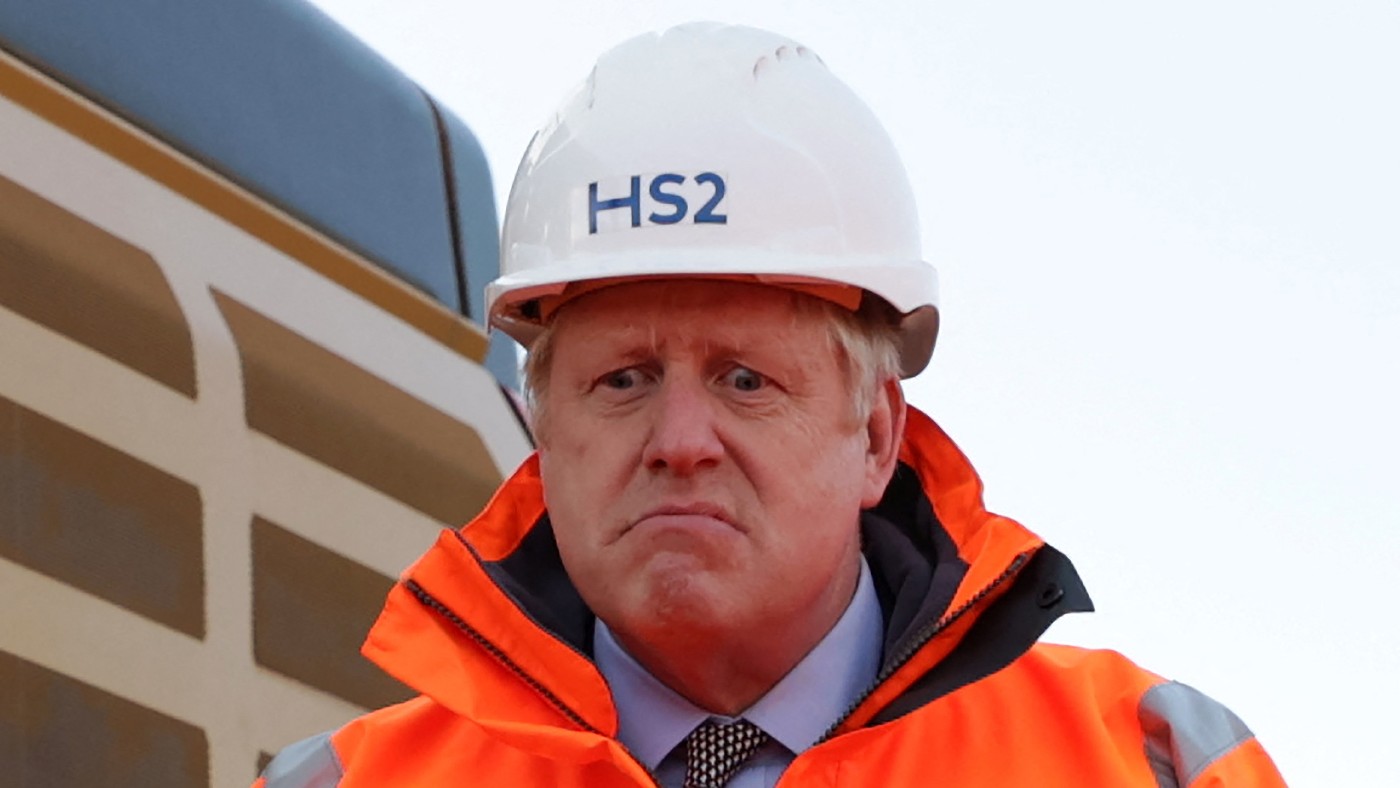 HS2: is this the end of the line?
HS2: is this the end of the line?Talking Point The costs of the track have steadily risen even as the potential gains have diminished say detractors
-
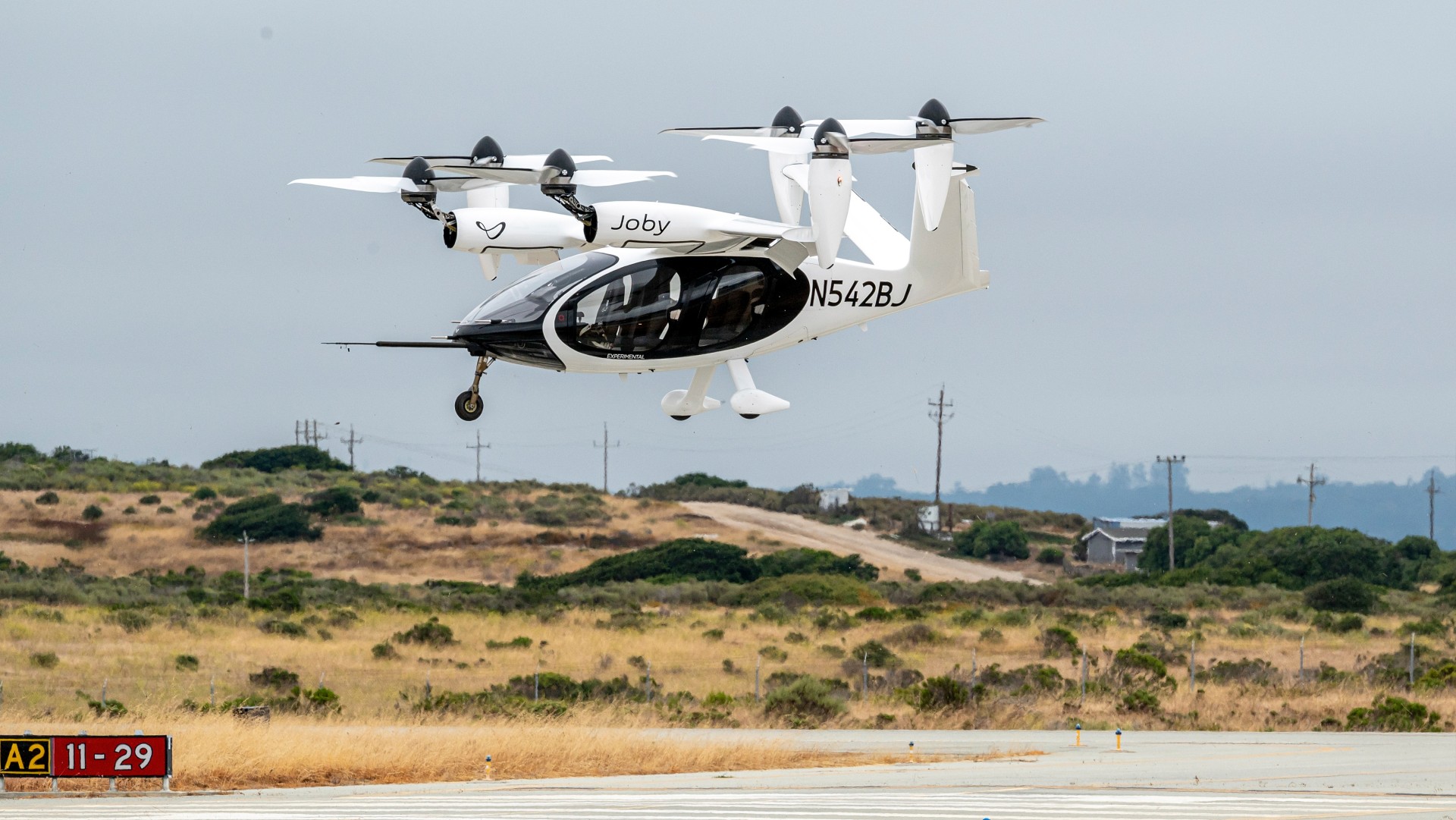 Electric flying taxis: pie in the sky or climate panacea?
Electric flying taxis: pie in the sky or climate panacea?Talking Point Race is on to develop ‘quieter, cheaper and emission-free aircraft’ that can land in city centres